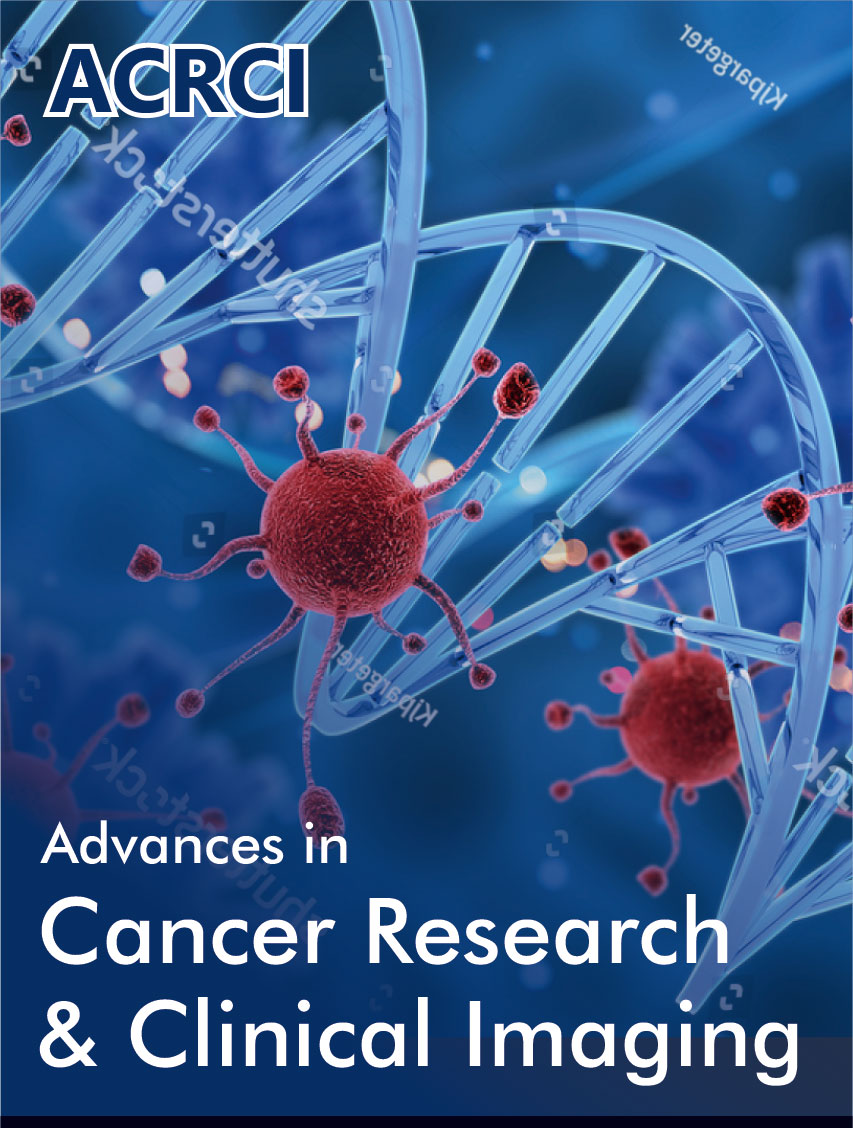 Case Report
Case Report
Eosinophilia and Neutrophilia Associated with Anti- PD-1 use in Metastatic Non-Small Cell Lung Cancer – A Case Report
Yasir Khan* and Christopher Lomma
Department of Medical Oncology, Fiona Stanley Hospital, Western Australia, Australia
Yasir Khan, Department of Medical Oncology, Fiona Stanley Hospital, Australia.
Received Date: January 23, 2021; Published Date: January 29, 2021
Abstract
The use of immunotherapy has dramatically changed the way many cancers are treated with several studies having looked at the relationship between eosinophils and immunotherapy. This case study reports nivolumab induced eosinophilia and neutrophilia with no other systemic adverse effects in a patient with metastatic non-small cell lung cancer. A 61-year-old woman with Eastern Cooperative Oncology Group performance status 1 was diagnosed with metastatic non-small cell lung cancer without any driver mutations and was commenced on nivolumab after progressing on platinum doublet therapy. She had mild eosinophilia and neutrophilia at baseline in the context of a lower respiratory tract infection which became more pronounced with the introduction of nivolumab. Nivolumab was ceased at week-26 due to significant eosinophilia and reached peak levels at week-35. She developed postural hypotension during the course of her disease and prednisolone was commenced to treat possible adrenal insufficiency from metastasis. The introduction of steroids led to the improvement in eosinophilia and neutrophilia. She had stable disease for 8 months after commencement of immunotherapy before progression of disease leading to clinical deterioration and death. Asymptomatic eosinophilia and neutrophilia is an extremely rare toxicity of immune checkpoint inhibitors. Its significance as prognostic and predictive marker needs to be researched further.
Keywords: Immunotherapy induced eosinophilia; Neutrophilia; Nivolumab.
-
Yasir Khan, Christopher Lomma. Eosinophilia and Neutrophilia Associated with Anti-PD-1 use in Metastatic Non-Small Cell Lung Cancer – A Case Report. Adv Can Res & Clinical Imag. 3(1): 2021. ACRCI.MS.ID.000555.
-

This work is licensed under a Creative Commons Attribution-NonCommercial 4.0 International License.






